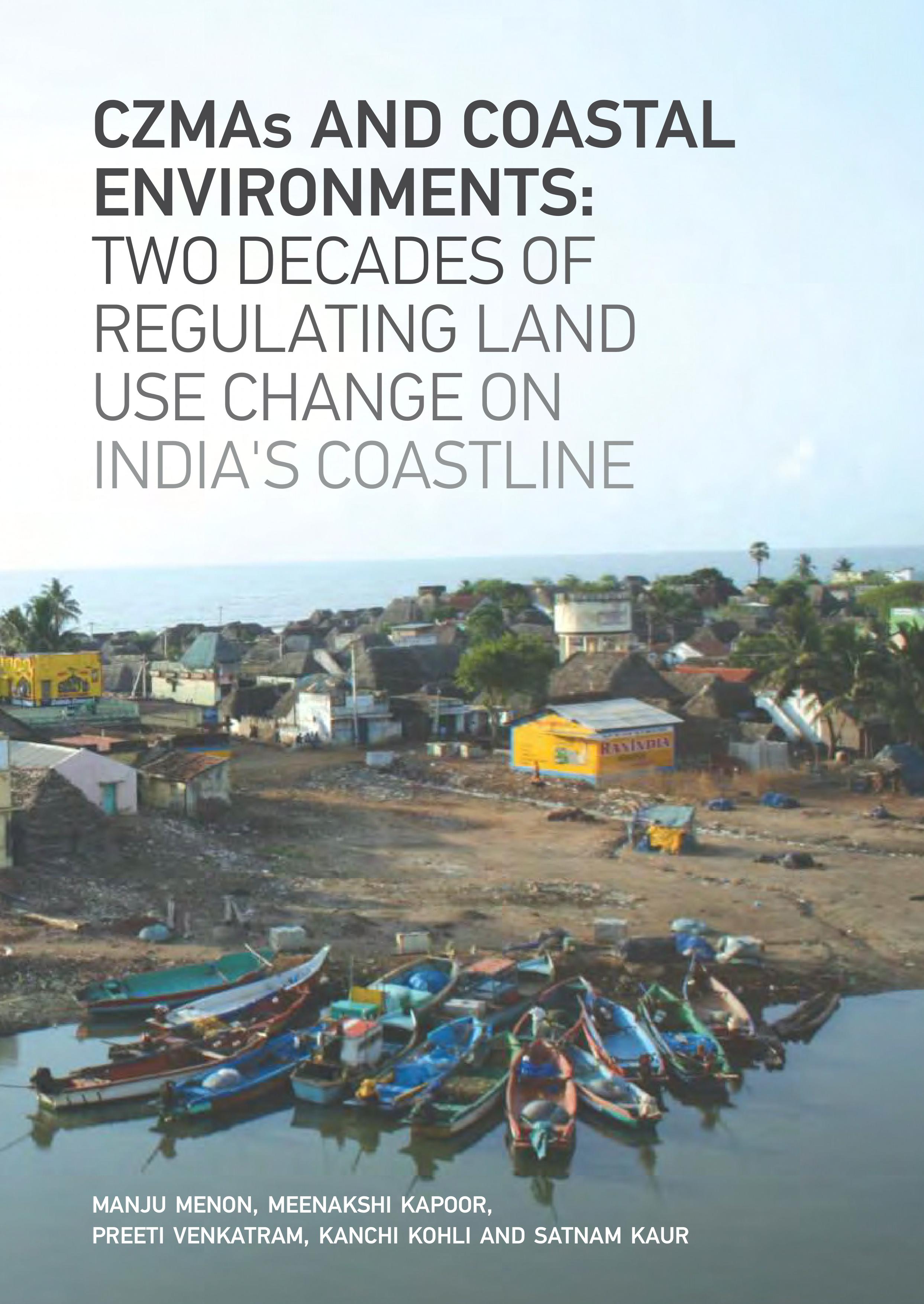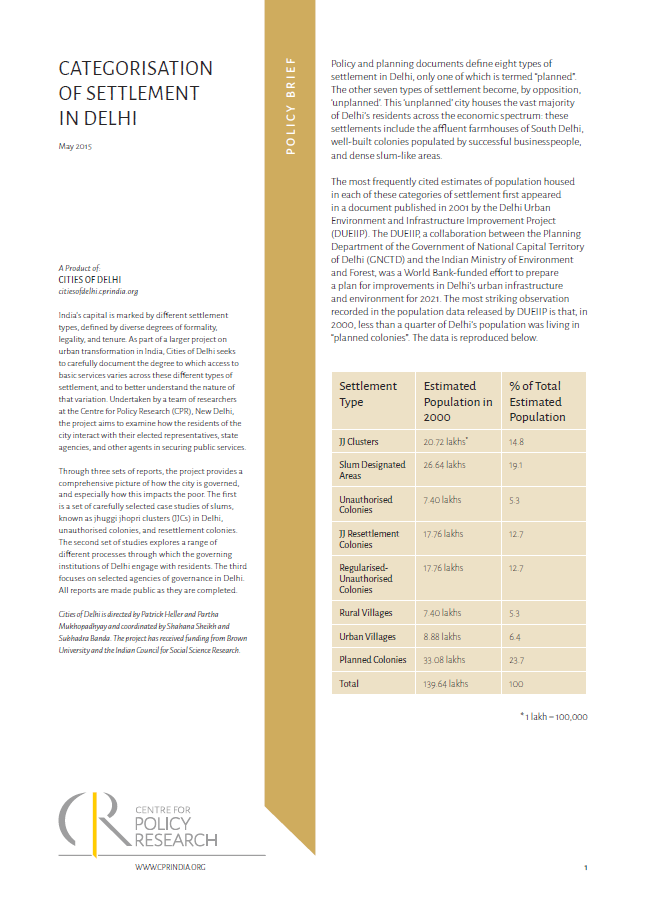Focal point
Location
NRMC is a technical and managerial advisory firm in the development sector that provides evidence-based solutions for sustainable, equitable and inclusive development.
Established in 2004, NRMC is engaged in creating impactful solutions that make a difference to the society. We achieve results at scale by catalyzing partnership with clients and communities. We believe in ethical business, nurturing talent to be courageous to push the limits of knowledge and discovering new ways of doing things.
NRMC experience, high quality skills, breadth of sectors, services make us preferred partners for public and private sector clients and partners in creating sustainable and scalable social impact.
We have a demonstrated in-depth understanding of sectors across project design and solution implementation. NRMC service offering incorporates all aspects of project and program management, development sector advisory, monitoring & evaluation and documentation. Focused on rural and urban poverty, Team NRMC is a professional service provider. Our experience on planning, advisory, technical and management support encompasses the social, institutional and gender dimensions of development. We work with a range of clients which include Government, bi-lateral and multi-lateral agencies, international NGOs, corporates and corporate foundations.
We constantly strive to understand community needs and aspirations, ensuring that we deliver contextual and impactful solutions on behalf of our clients and partners. With offices across six locations, we are able to provide effective and efficient solutions to clients and communities.
Members:
Resources
Displaying 76 - 80 of 208CZMAs and Coastal Environments: Two Decades of Regulating Land Use Change on India’s Coastline
Coastal Regulation Zone (CRZ) Notification that was first promulgated in 1991 and amended over 25 times. Though much has been written about the Notification, the performance of CZMAs and the institutional challenges to implementation have never been studied.
Post-CFR Scenarios in Central Indian Landscape: Prioritising Issues and Developing Support Mechanisms
The Foundation for Ecological Security (FES) supported a scoping study to understand the range of post CFR issues in the central Indian landscape, especially in the states of Madhya Pradesh, Chhattisgarh, Jharkhand and Odisha. It also proactively sought to draw experiences from states such as Maharashtra and Kerala where established mechanisms related to post CFR issues have been implemented through various partnerships.
Categorisation of settlement in Delhi
Policy and planning documents define eight types of settlement in Delhi, only one of which is termed “planned”. The other seven types of settlement become, by opposition, ‘unplanned’. This ‘unplanned’ city houses the vast majority of Delhi’s residents across the economic spectrum: these settlements include the affluent farmhouses of South Delhi, well-built colonies populated by successful businesspeople, and dense slum-like areas.
The Growing Threats to India’s Financial System: Easy Access and Clearances of Land and Natural Resources
This brief presents an analysis of the actual mechanics of these regulations, and how they relate to each other. In doing so, authoher reaches exactly the opposite conclusion of the government of India and the financial media. The brief find that India’s current system of financial and environmental regulation is jeopardizing India’s financial system for entirely different reasons to those often argued. And the planned “reforms” of this system will exacerbate these growing threats.
Climate change and land degradation: Bridging knowledge and stakeholders
The UNCCD 3rd Scientific Conference, held from 9 to 12 March 2015 in Cancún, Mexico, used a novel, participatory approach to explore the various forms of knowledge that link biophysical and social systems, the vulnerabilities of these systems and potential pathways to reach sustainable land management.


